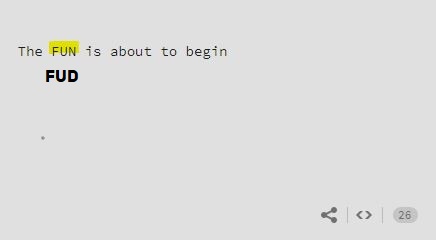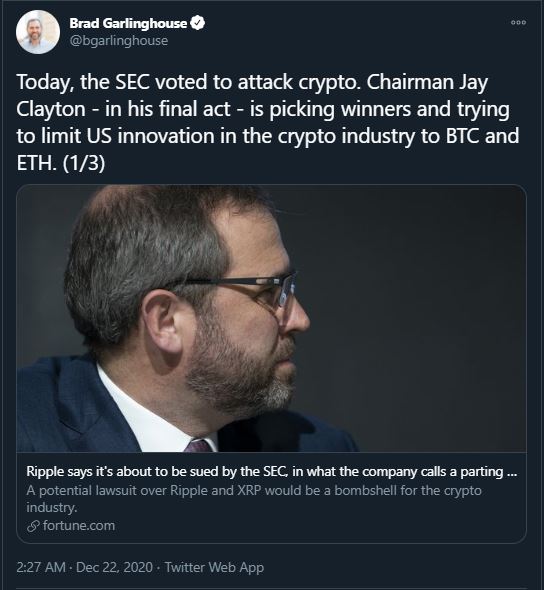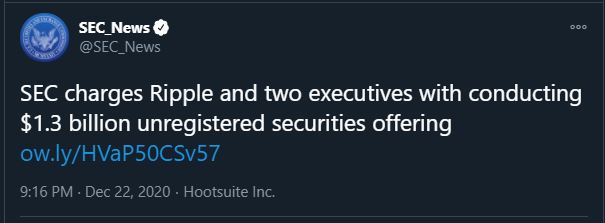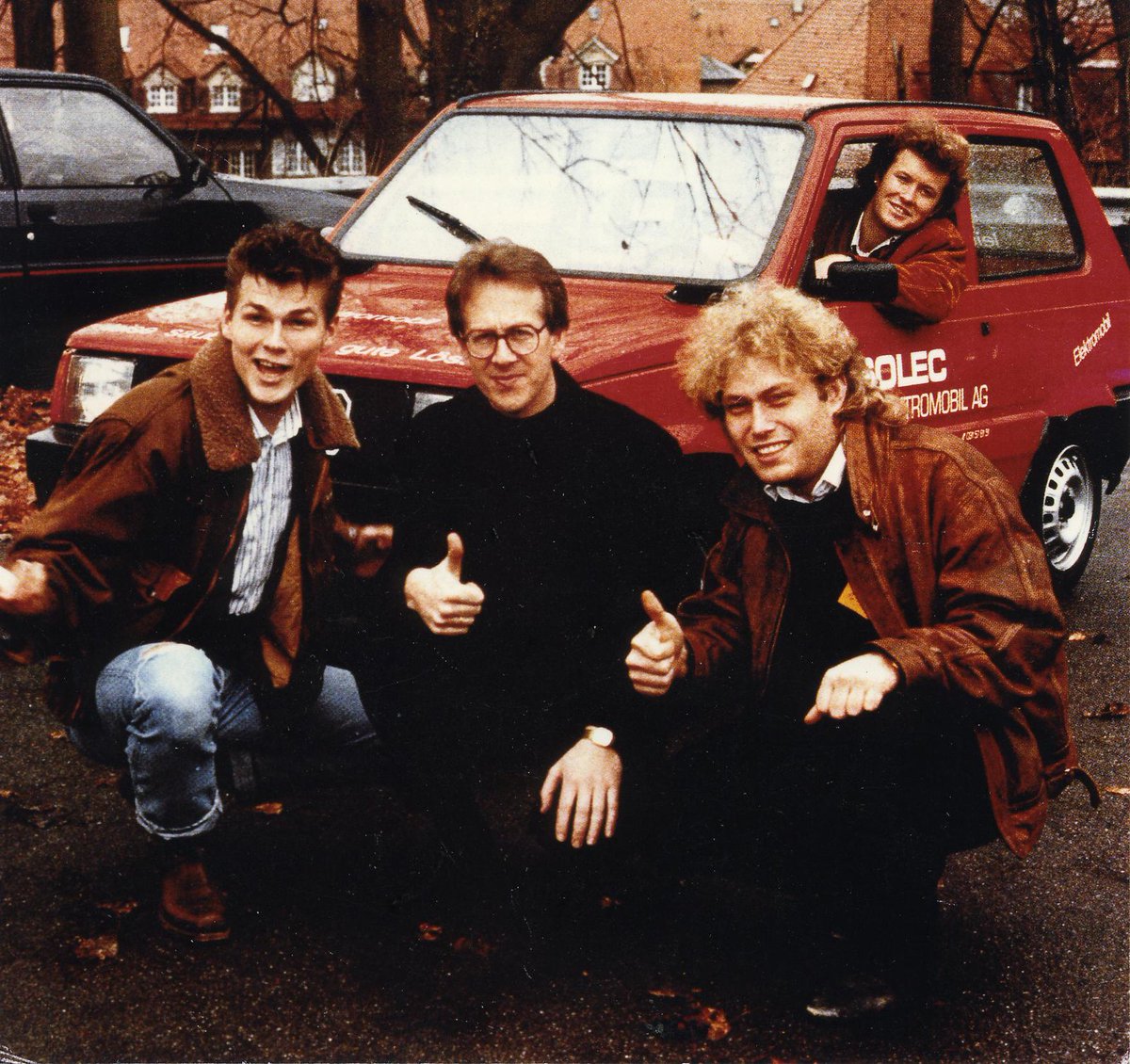A vitally important thread. Much isnt new, but is so in the air we breathe we forget how RECENT it is & therefore how unaccustomed we r to coping w/it. At the risk of hijacking her great observatns, theyre pivotal to points others have made re: Institutional Evangelicalism...1/12
Popping back on briefly to share some insights on media consumption, spread of conspiracy theories, & epistemelogical divides.
— hannah anderson (@sometimesalight) January 12, 2021
This is not about politics. This is about our country, about the rule of law, and about the sanctity of human life. https://t.co/rYidlxRvfE
— Russell Moore (@drmoore) January 11, 2021
"Secularism is not the prodigal son who fled a good and loving home, it\u2019s the estranged spouse of evangelicalism\u2019s extramarital affair with individualism."
— Brad Edwards (@cbradedwards) September 8, 2020
This is a thesis that has been incubating since before the pandemic hit, but... (1/5)https://t.co/gD0IP58HVw
EXPANDED THREAD on the fracturing of evangelicalism:
— Michael S. Graham (@msgwrites) December 21, 2020
I keep thinking about what I\u2019m observing as I talk to other pastors & ministry leaders around the country and I think that evangelicalism is fracturing into at least 6 distinct groups:
1/14 pic.twitter.com/lR5xkApYn2
More from For later read
You May Also Like
If everyone was holding bitcoin on the old x86 in their parents basement, we would be finding a price bottom. The problem is the risk is all pooled at a few brokerages and a network of rotten exchanges with counter party risk that makes AIG circa 2008 look like a good credit.
— Greg Wester (@gwestr) November 25, 2018
The benign product is sovereign programmable money, which is historically a niche interest of folks with a relatively clustered set of beliefs about the state, the literary merit of Snow Crash, and the utility of gold to the modern economy.
This product has narrow appeal and, accordingly, is worth about as much as everything else on a 486 sitting in someone's basement is worth.
The other product is investment scams, which have approximately the best product market fit of anything produced by humans. In no age, in no country, in no city, at no level of sophistication do people consistently say "Actually I would prefer not to get money for nothing."
This product needs the exchanges like they need oxygen, because the value of it is directly tied to having payment rails to move real currency into the ecosystem and some jurisdictional and regulatory legerdemain to stay one step ahead of the banhammer.

























